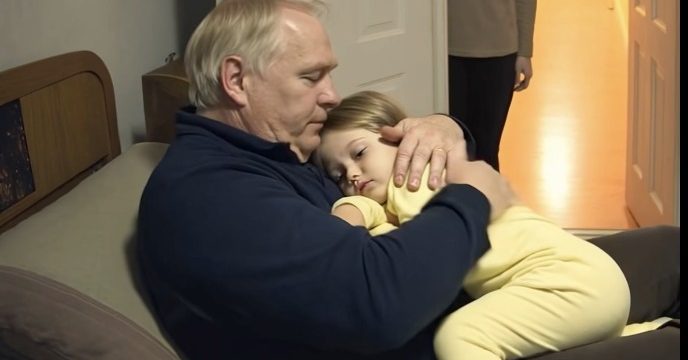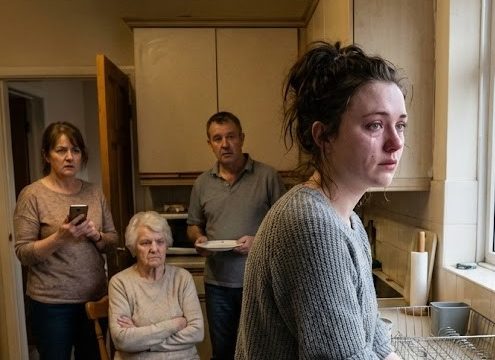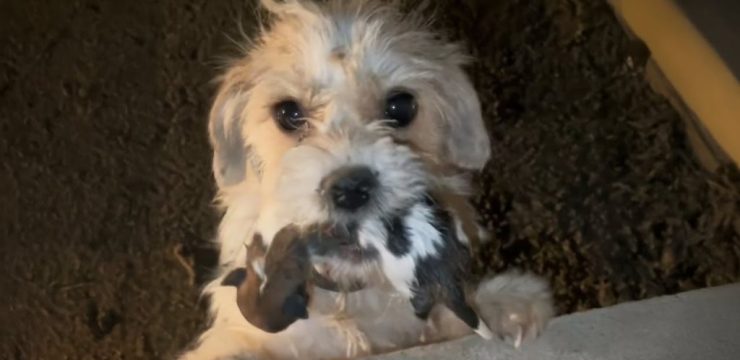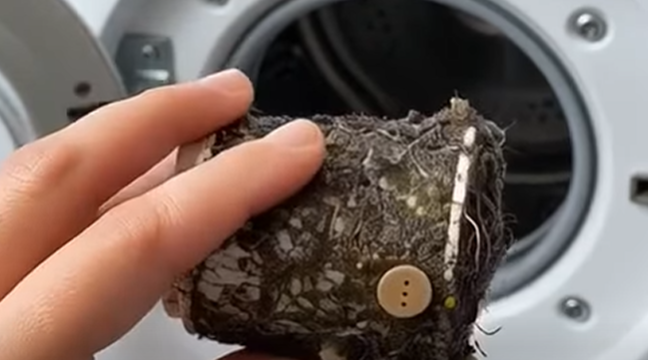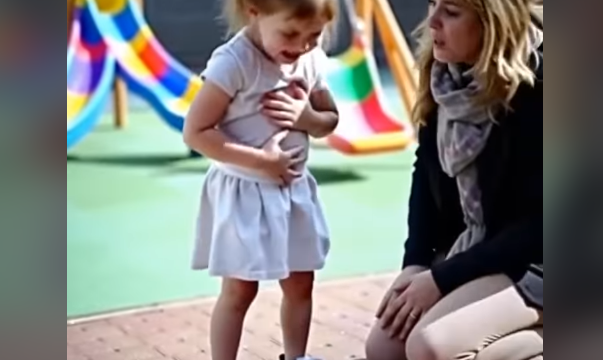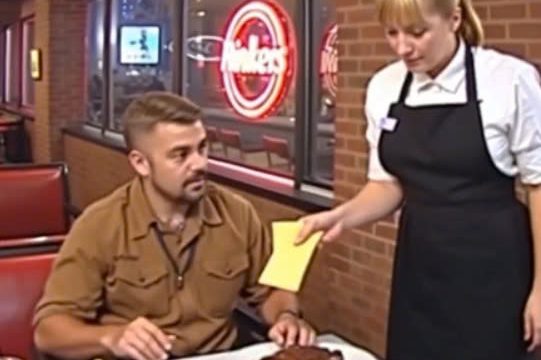My name is Lucy, and for most of my life I felt like a shadow in my own home, the child from my mother’s first marriage—a living reminder of a past she rarely acknowledged. When I was five, she married Mark, and a year later my half-sister Ava was born. It didn’t take long to see where I stood in the new family dynamic.
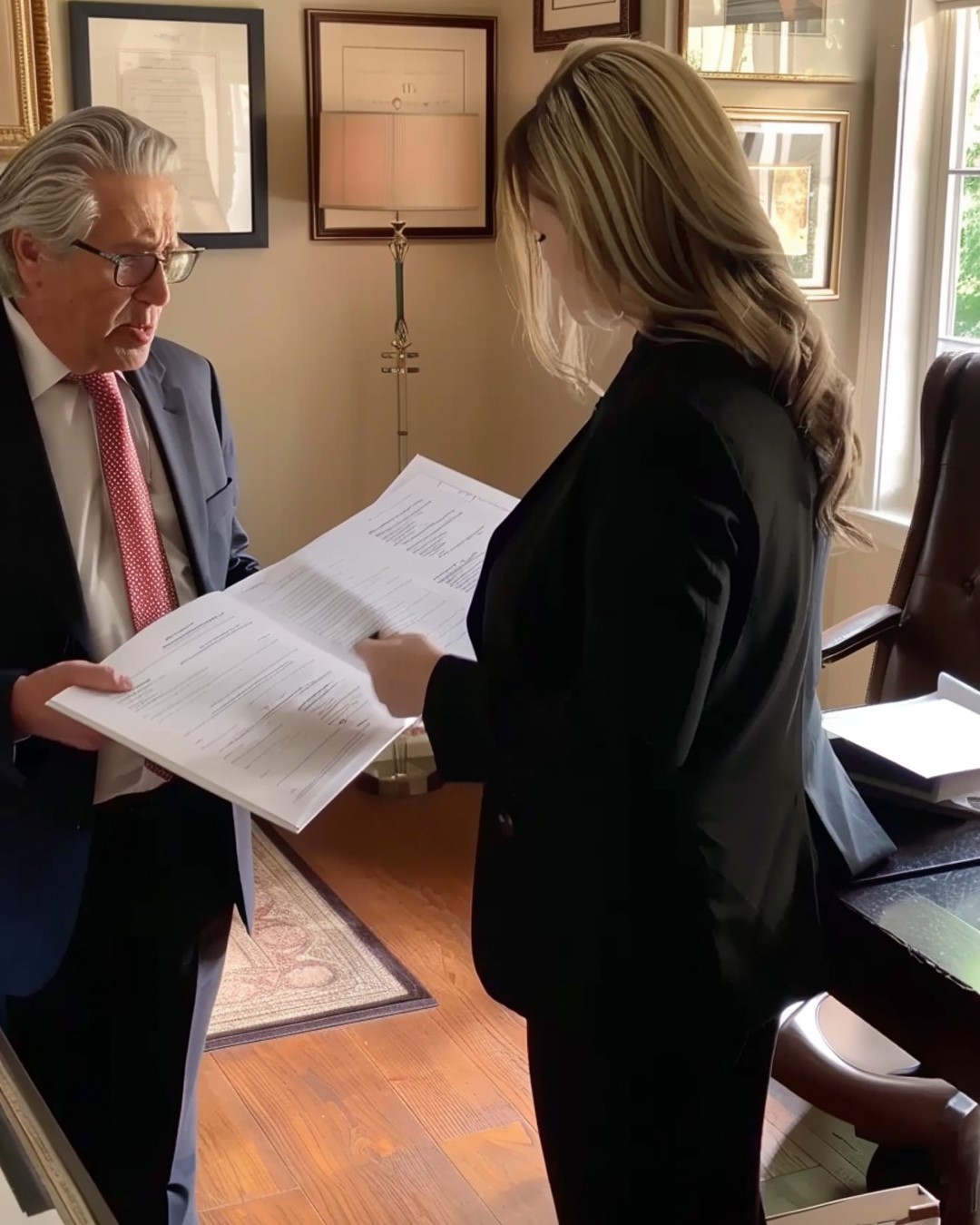
Mark never once called me his daughter; I was just “Lucy” or “your kid” when he spoke to my mother. He wasn’t cruel, but he was cold, detached, a man who ensured I was fed, clothed, and sent to school yet treated me as if I were invisible. Ava, on the other hand, was his sunshine, showered with hugs, praise, and gifts, the princess of the household while I drifted like a ghost in the background. I tried everything to win his approval—perfect grades, perfect behavior, quiet obedience—but it never worked. When I graduated valedictorian, all I got was a flat “good job,” while Ava’s B+ on a spelling test earned her ice cream and celebration.
Love in that house was conditional, and I never seemed to meet the conditions. College became my escape. Mark paid for it but always reminded me it was a financial burden. I never called him Dad; he never earned the title. I studied veterinary medicine, drawn to animals because they don’t compare, ignore, or judge—only needing care, something I understood. Whenever I came home on breaks, the dynamic was the same: Ava’s mistakes were forgiven with ease while mine, however small, were treated as offenses. Ava could crash cars and laugh about it; I once scratched a truck and endured a week of silence.
Then, during my final year of college, Mark died suddenly of a heart attack. The funeral was strange, filled with people praising what a wonderful father he was while I sat quietly, unsure how to mourn a man who had never truly seen me. Three weeks later, my mother, Ava, and I gathered in the lawyer’s office for the reading of his will. I expected nothing and was at peace with that. Instead, the news stunned us all—Mark left my mother $5,000, Ava $5,000, and the remainder of his $640,000 estate to me. The house, the savings, the investments—everything.
My mother shot up in disbelief, Ava shouted that I wasn’t even his real daughter, and I sat frozen. Then the lawyer handed me an envelope, a letter from Mark. In it, he revealed he had recently discovered the truth: Ava was not his biological daughter. A DNA test confirmed my mother had an affair early in their marriage. But what struck me most was the rest of his confession. He wrote that he had seen me all these years—how I carried myself, how I helped, how I gave without asking. He admitted he had failed me, that he didn’t know how to love properly, and that I had shown him more of what family truly meant than anyone else in that house. He called me the only one who ever made him feel like a real father.
I cried harder reading that letter than I had at the funeral, not for what I had lost but for what I never realized I’d had—his silent recognition and, in the end, his choice to acknowledge it. Later, I confronted my mother and Ava. My mother tried to deny the affair, but Ava’s stunned silence was confirmation enough. She looked devastated to learn Mark wasn’t her biological father. I felt no triumph, only clarity. That night, I sat in my apartment and read his letter over and over, clutching it like a lifeline. The next morning, my mother called with sudden sweetness, wanting to “discuss” the inheritance, claiming Mark hadn’t been thinking clearly, blaming his medication, insisting it should be shared equally. I told her no.
She tried guilt and manipulation, playing the family card, but I reminded her of years of being invisible, of birthdays ignored, and of the pain I endured while she looked away. Then I told her she and Ava had two weeks to move out of Mark’s house—it was mine now. I’ve decided to keep the inheritance, donating half to Riverside Animal Rescue, a cause close to my heart, and using the rest to fund veterinary school, something Mark apparently knew I wanted.
He’d seen the brochures in my room; he remembered. Somehow, in his own awkward way, he cared. In the end, he didn’t just leave me money—he gave me closure, proof that I mattered, that I was worthy of love, even if it came silently and too late. People say blood is thicker than water, but I’ve learned that love earned through loyalty and quiet resilience is far stronger than biology. Mark never called me his daughter in life, but in the end, he made me feel like one, and that is worth more than any fortune.
